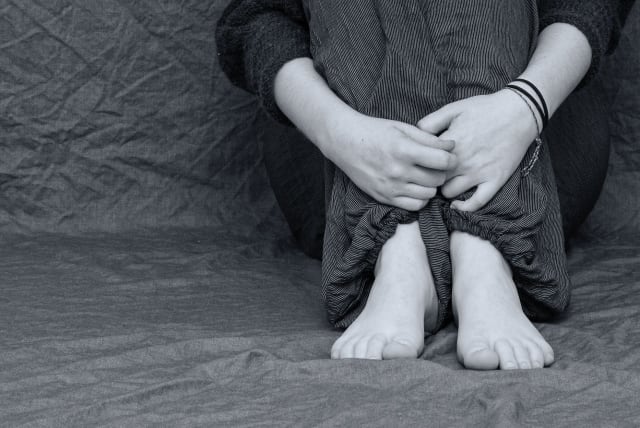In Israel, we must continue providing support to victims of sexual assault - opinion

What conversations are we having with our children? If you believe 15 is too young to talk about respect, consent, and responsibility, I urge you to read about the girl from the North.
These are dark times – marked by war, women and men held captive by Hamas, relentless sirens, and countless people who have been displaced from their homes for over a year.
Amid this turmoil, two harrowing reports emerged on the same day.
First, the Association of Rape Crisis Centers in Israel published its annual report, revealing staggering statistics:
- 80% of cases are closed without charges.
- Most victims were harmed by someone close to them.
- Reports by minors and men are underrepresented, meaning the real numbers are likely even higher.
Second, a story came to light about a 15-year-old girl assaulted by a group of 15 boys. Beyond the horrific violence, they threatened her into silence, leaving her isolated and terrified.
These stories leave us gasping for air, overwhelmed by tragedy after tragedy. And yet, we must take a deep breath. Because while we may feel helpless, we cannot afford to look away.

The required action is in our hands.
Unlike crises that require cabinet resolutions or political deals, these tragedies demand action from us– parents, professionals, and society as a whole.
As a society
What conversations are we having with our children– our sons and daughters? If you believe 15 is too young to talk about respect, consent, and responsibility, I urge you to read the report about the girl from the North. Waiting until they are teenagers is too late. These discussions must begin early, evolving as children grow.
As parents, we cannot dismiss these risks with phrases like “good kids” or “normative behavior.” These terms are comforting but dangerous. Even “good kids” can commit acts of sexual violence or find themselves swept up in a group dynamic, unable to stand up and say, “This is wrong. I won’t take part in this.”
Our responsibility is to ensure that when faced with critical moments, our children have the strength and awareness to choose the right path.
As professionals in the field
At ELEM, under the Welfare Ministry, we run programs addressing sexual violence – supporting both victims and offenders. It is clear that victims and their families need ongoing care, sometimes for a lifetime, as sexual violence leaves deep, enduring scars.
However, we must also focus on treating offenders, particularly minors. Without intervention, these harmful behaviors will persist, leaving more victims in their wake. Effective treatment includes accountability, confrontation of their actions, and developing empathy for the individuals they have harmed. This work is essential to breaking the cycle of violence.
No privilege to be indifferent
We must continue providing therapeutic support and fostering a societal dialogue rooted in accountability and awareness. This is no easy task, especially when most cases are closed without legal consequences. But beyond the criminal justice system, a social process is underway – and it is no less critical.
This is a long and arduous journey, but it is one we must take – together.
The writer is a social worker and the head of trauma at ELEM, Youth in Distress in Israel.
